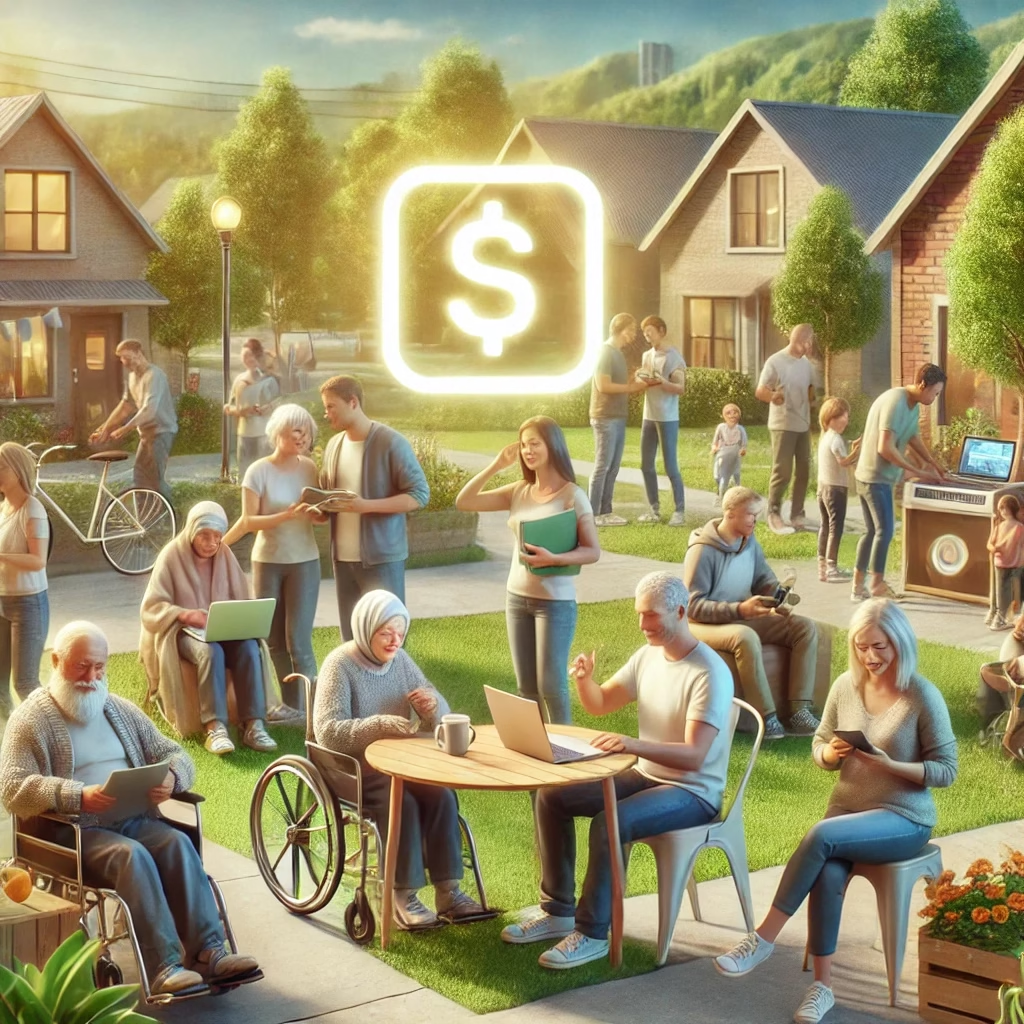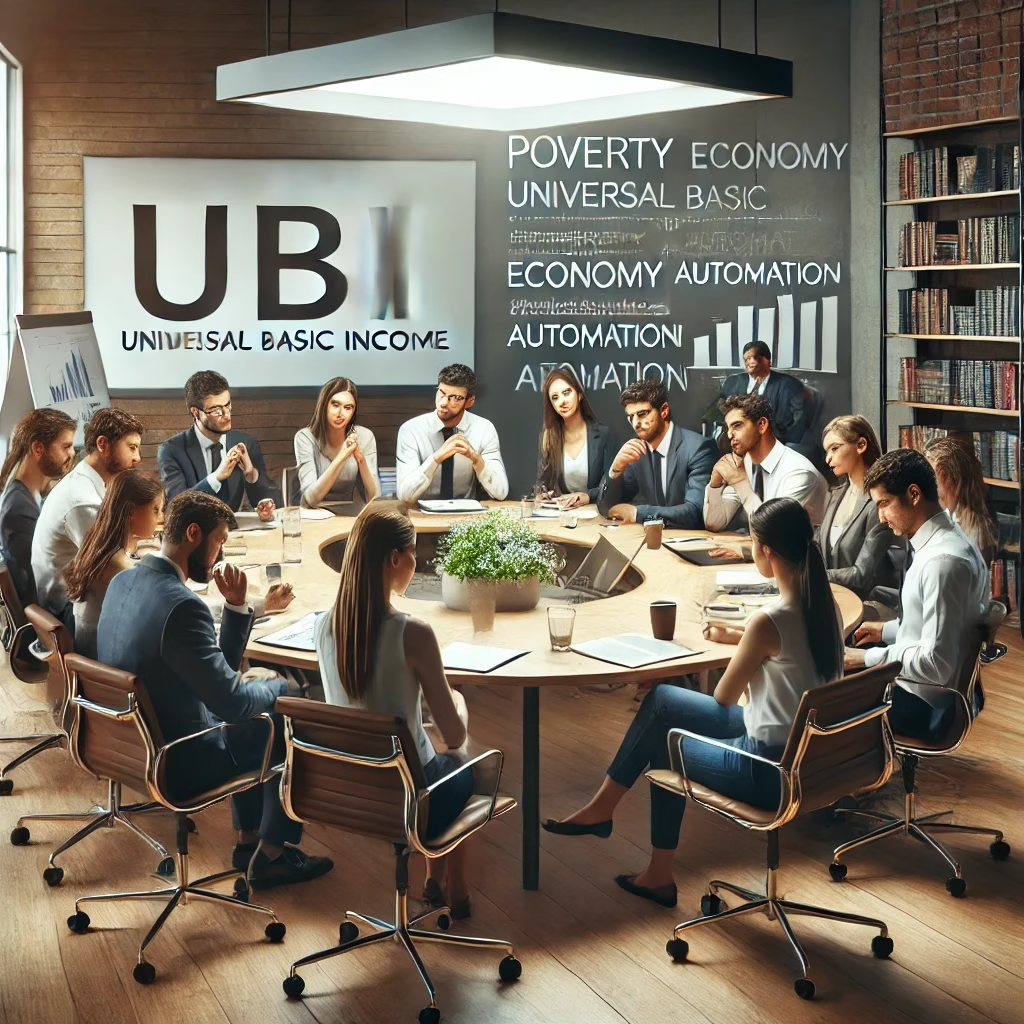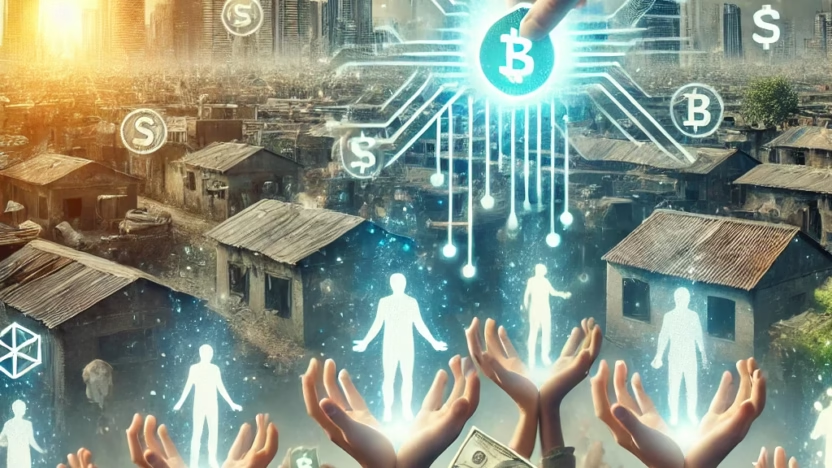The concept of Universal Basic Income (UBI) has sparked widespread debate among economists, policymakers, and citizens alike. Defined as an unconditional and regular financial payment provided by the government to all individuals regardless of income or employment status, UBI aims to ensure a basic standard of living. As students debate this important topic, it’s essential to weigh the potential benefits and challenges associated with UBI as a solution to poverty.
Table of Contents
- The Case For Universal Basic Income
- The Case Against Universal Basic Income
- A Balanced Perspective
- FAQ
- What is Universal Basic Income (UBI)?
- How does UBI address poverty?
- What are the primary arguments in favor of UBI?
- Why do some people oppose UBI?
- Can UBI replace existing welfare systems?
- How is UBI funded?
- Would UBI discourage people from working?
- Has UBI been tested anywhere?
- What are the economic risks of UBI?
- Is UBI a realistic solution to automation-driven job loss?
- Can UBI promote economic equality?
- Conclusion
The Case For Universal Basic Income

1. Poverty Alleviation
Proponents of UBI argue that it can serve as a direct and effective solution to poverty. By providing a financial safety net, UBI ensures that every individual has access to basic necessities such as food, shelter, and healthcare. Unlike targeted welfare programs, which can be complicated to navigate and prone to exclusion errors, UBI guarantees universal coverage, leaving no one behind.
2. Economic Empowerment
With a guaranteed income, individuals can make better decisions for themselves and their families. For instance, they might invest in education, start small businesses, or pursue careers that align with their skills and passions, rather than being forced into exploitative or low-paying jobs out of financial desperation.
3. Simplification of Welfare Systems
UBI simplifies existing welfare systems by replacing a multitude of targeted benefits with a single, unconditional payment. This could reduce administrative costs and inefficiencies while minimizing stigma often associated with traditional welfare programs.
4. Adapting to Automation
As automation and artificial intelligence increasingly replace human labor, UBI offers a solution to potential job losses and economic displacement. By decoupling income from employment, UBI can provide stability in a rapidly changing economic landscape.
The Case Against Universal Basic Income

1. Cost and Feasibility
Critics argue that implementing UBI on a large scale would be prohibitively expensive. Funding a UBI program would require significant increases in taxation or cuts to other government spending, which could strain public finances and lead to unintended economic consequences.
2. Disincentives to Work
Opponents contend that UBI might reduce incentives to work, particularly for low-income individuals. While some argue that this fear is overstated, others believe that the availability of a guaranteed income could lead to a decline in workforce participation, negatively impacting productivity and economic growth.
3. Inflationary Pressures
Providing everyone with additional income could increase demand for goods and services, potentially driving up prices and eroding the purchasing power of the UBI itself. This inflationary effect could undermine the program’s primary goal of alleviating poverty.
4. Equity and Targeting
Critics also question the fairness of giving the same amount of money to both the rich and the poor. Unlike targeted programs, UBI does not prioritize those who need financial assistance the most, potentially making it a less efficient tool for addressing poverty.
A Balanced Perspective

While UBI has the potential to transform society by addressing systemic poverty and adapting to economic shifts, its implementation is fraught with challenges. A possible middle ground could involve piloting UBI programs on a smaller scale or adopting hybrid models. For example, a targeted basic income program that prioritizes vulnerable populations could balance universal coverage with cost-efficiency.
In addition, careful planning and research are essential to understanding the economic and social impacts of UBI. Lessons from pilot programs in countries like Finland, Kenya, and Canada can offer valuable insights into its effectiveness and scalability.
FAQ
What is Universal Basic Income (UBI)?
Universal Basic Income (UBI) is a policy proposal where the government provides a regular, unconditional financial payment to all citizens or residents. It is designed to ensure a basic standard of living, regardless of an individual’s income, employment status, or wealth.
How does UBI address poverty?
UBI directly provides financial support to individuals, enabling them to meet basic needs such as food, housing, and healthcare. Unlike targeted welfare programs, UBI offers universal coverage, reducing the risk of exclusion errors and ensuring that everyone benefits.
What are the primary arguments in favor of UBI?
Proponents of UBI argue that it can alleviate poverty, simplify welfare systems, and empower individuals to make better financial and personal decisions. Additionally, it is seen as a solution to economic displacement caused by automation and artificial intelligence, providing a safety net in an evolving job market.
Why do some people oppose UBI?
Critics highlight the high cost of implementing UBI and the potential need for increased taxation or cuts to other government programs. Concerns also include potential disincentives to work, inflationary pressures, and the fairness of providing the same payment to both the rich and the poor.
Can UBI replace existing welfare systems?
UBI could potentially replace existing welfare programs by simplifying the distribution of financial aid. However, some argue that targeted programs addressing specific needs (e.g., healthcare, education, housing) may be more efficient in addressing poverty without the blanket costs of UBI.
How is UBI funded?
Funding UBI typically involves higher taxes, reallocation of government spending, or alternative methods like wealth taxes or carbon taxes. The exact funding mechanism depends on the scale and design of the UBI program, which varies by country or region.
Would UBI discourage people from working?
While critics fear that UBI might reduce the incentive to work, studies from pilot programs have shown mixed results. Some individuals may reduce working hours to focus on education, caregiving, or other pursuits, but others may use the stability provided by UBI to start businesses or seek better job opportunities.
Has UBI been tested anywhere?
Yes, UBI has been piloted in several countries, including Finland, Kenya, Canada, and the United States. These experiments have provided insights into the economic and social impacts of UBI, though results vary based on the specific implementation and context.
What are the economic risks of UBI?
Economic risks include inflation if increased spending drives up demand for goods and services without a corresponding increase in supply. Additionally, funding challenges could lead to higher taxes or budget cuts in essential services, potentially offsetting UBI’s benefits.
Is UBI a realistic solution to automation-driven job loss?
Many argue that UBI is a viable response to automation, as it provides financial security to individuals displaced by technology. However, others believe that upskilling programs and job creation initiatives may be more effective long-term solutions to automation’s challenges.
Can UBI promote economic equality?
UBI can reduce income inequality by providing financial support to everyone, particularly benefiting lower-income groups. However, critics argue that universal payments to the wealthy may be inefficient, and targeted measures might achieve economic equality more effectively.
Conclusion
The debate over Universal Basic Income as a solution to poverty is far from settled. It presents an opportunity to rethink how societies provide for their most vulnerable members while grappling with questions of fairness, efficiency, and sustainability. As students engage in this debate, they are not just evaluating a policy proposal—they are participating in a broader discussion about the values and priorities that should shape our collective future.




